Staff
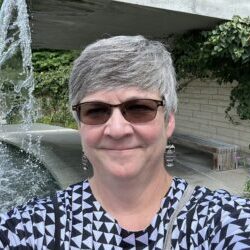 Erin Meier is Director of Green Lands Blue Waters. Previously, Erin served for 14 years as Executive Director of the University of Minnesota Southeast Regional Sustainable Development Partnership. She has over 20 years of experience and training in sustainable agriculture, local food systems, food access, natural resource conservation, clean energy, community engagement and development, and facilitating cross-sector work groups and networks. Erin holds an MS in Sustainable Agriculture from Iowa State University with an emphasis on external costs and behavioral economics and is a geographer at heart with a BS in Geography from the University of Illinois and past experience as a cartographer and geographic information systems analyst.
Erin Meier is Director of Green Lands Blue Waters. Previously, Erin served for 14 years as Executive Director of the University of Minnesota Southeast Regional Sustainable Development Partnership. She has over 20 years of experience and training in sustainable agriculture, local food systems, food access, natural resource conservation, clean energy, community engagement and development, and facilitating cross-sector work groups and networks. Erin holds an MS in Sustainable Agriculture from Iowa State University with an emphasis on external costs and behavioral economics and is a geographer at heart with a BS in Geography from the University of Illinois and past experience as a cartographer and geographic information systems analyst.
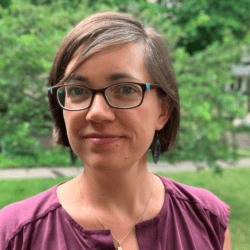 Aaron Reser is the Associate Director for Green Lands Blue Waters (GLBW). Based at the Minnesota Institute for Sustainable Agriculture, GLBW works with a wide network of partners across the Upper Midwest to increase continuous living cover on the agricultural landscape. In the past, Aaron led GLBW’s Watershed Initiative work and was the lead staff on early supply chain development work with Kernza™ perennial grain. Her expertise is in building and strengthening collaborative networks, linking key elements and individuals along the path from farm to market and illuminating all of the systems-support pieces that underlay that path. She brings 15 years experience in a whole-systems approach to building regional food systems. Aaron has an MPA from the UMN Humphrey School of Public Affairs.
Aaron Reser is the Associate Director for Green Lands Blue Waters (GLBW). Based at the Minnesota Institute for Sustainable Agriculture, GLBW works with a wide network of partners across the Upper Midwest to increase continuous living cover on the agricultural landscape. In the past, Aaron led GLBW’s Watershed Initiative work and was the lead staff on early supply chain development work with Kernza™ perennial grain. Her expertise is in building and strengthening collaborative networks, linking key elements and individuals along the path from farm to market and illuminating all of the systems-support pieces that underlay that path. She brings 15 years experience in a whole-systems approach to building regional food systems. Aaron has an MPA from the UMN Humphrey School of Public Affairs.
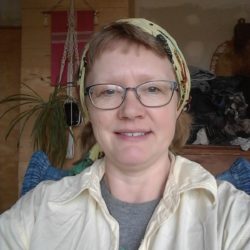 Jane Grimsbo Jewett is Associate Director and coordinator of the Information Exchange program at the Minnesota Institute for Sustainable Agriculture, University of Minnesota. She works with Green Lands Blue Waters on matters related to grazing and integration of livestock into cropping systems, and is the lead staff for the Midwest Perennial Forage Working Group. Jane has a B.S. in Agronomy and M.S. in Plant Breeding from the University of Minnesota. She owns and operates a small, diversified livestock farm near Palisade, MN and is involved with farmers’ markets and local food systems work regionally in northeastern Minnesota and at the state level.
Jane Grimsbo Jewett is Associate Director and coordinator of the Information Exchange program at the Minnesota Institute for Sustainable Agriculture, University of Minnesota. She works with Green Lands Blue Waters on matters related to grazing and integration of livestock into cropping systems, and is the lead staff for the Midwest Perennial Forage Working Group. Jane has a B.S. in Agronomy and M.S. in Plant Breeding from the University of Minnesota. She owns and operates a small, diversified livestock farm near Palisade, MN and is involved with farmers’ markets and local food systems work regionally in northeastern Minnesota and at the state level.
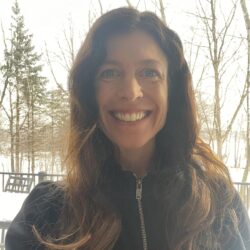 Marjorie Hegstrom is the Community Based Education & Outreach Lead for Green Lands Blue Waters. She works across multiple GLBW projects to coordinate partners, develop educational materials and build outreach strategies to a wide variety of GLBW stakeholders. Along with NRCS outreach and education and policy partner engagement, Marjorie led GLBW’s work to educate conservation professionals about virtual fencing as a tool for managed grazing. She has a BA in Sustainable Agriculture from Kenyon College and a MS from the University of Minnesota in Applied Plant Science. She has over 25 years of experience in sustainable agriculture across many fields including farmers markets, retail food cooperatives, education and applied research. In her free time, Marjorie enjoys paddling and camping in the Boundary Waters with her family, gardening, cooking and managing a small herd of goats.
Marjorie Hegstrom is the Community Based Education & Outreach Lead for Green Lands Blue Waters. She works across multiple GLBW projects to coordinate partners, develop educational materials and build outreach strategies to a wide variety of GLBW stakeholders. Along with NRCS outreach and education and policy partner engagement, Marjorie led GLBW’s work to educate conservation professionals about virtual fencing as a tool for managed grazing. She has a BA in Sustainable Agriculture from Kenyon College and a MS from the University of Minnesota in Applied Plant Science. She has over 25 years of experience in sustainable agriculture across many fields including farmers markets, retail food cooperatives, education and applied research. In her free time, Marjorie enjoys paddling and camping in the Boundary Waters with her family, gardening, cooking and managing a small herd of goats.
Green Lands Blue Waters is based at the Minnesota Institute for Sustainable Agriculture at the University of Minnesota
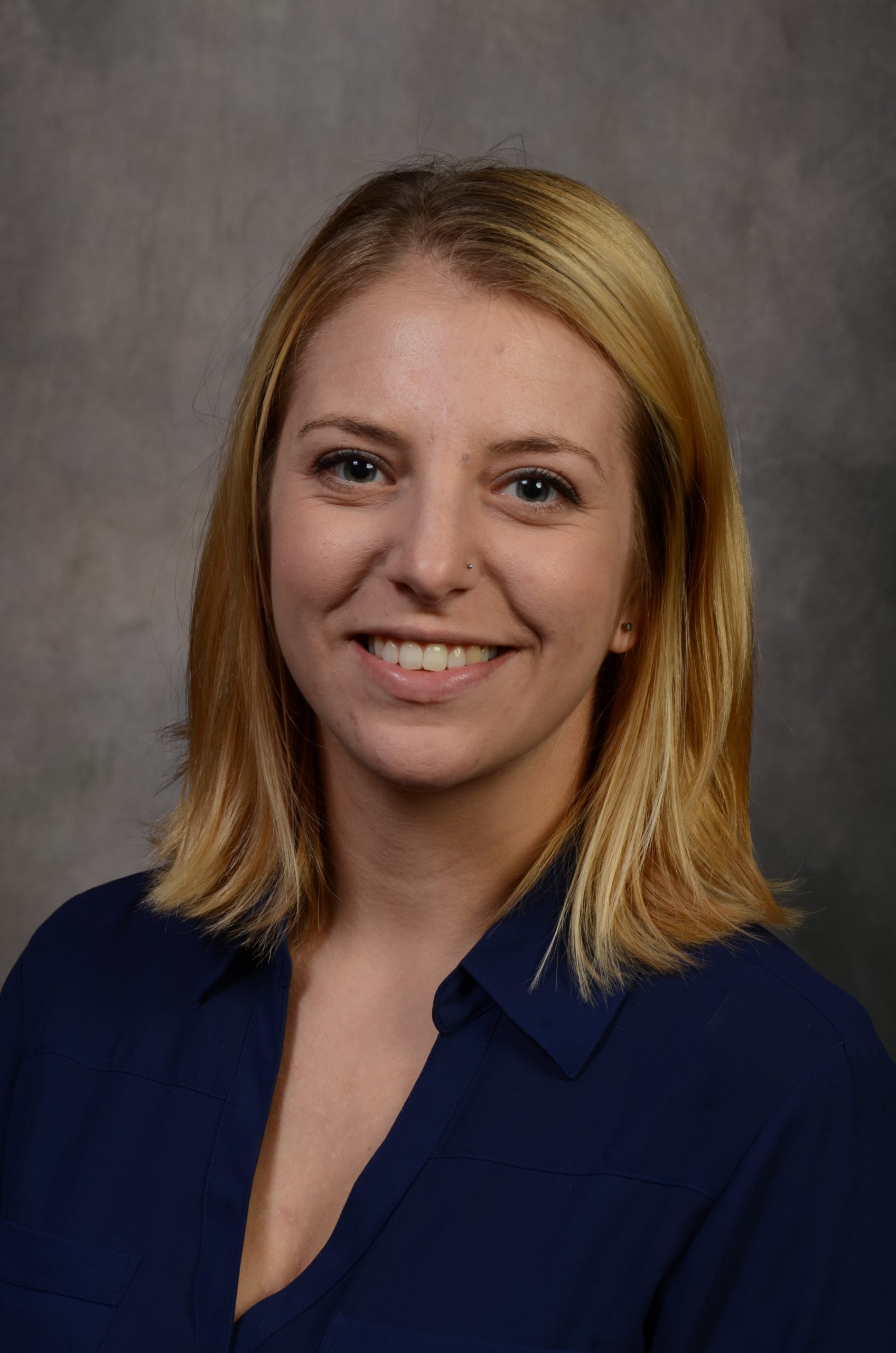 Ashley currently holds a research position with the Nebraska state extension soil health lab. She has a Ph.D. in Animal Science with emphasis in ruminant nutrition and integrated agriculture systems with interests in research and teaching/extension outreach in the following areas: applied animal nutrition, rumen metabolomics, integrated systems (production parameters and economics), forage digestion and utilization, agro-ecological impacts of livestock systems, agroforestry and silvopasture, and small-farms development.
Ashley currently holds a research position with the Nebraska state extension soil health lab. She has a Ph.D. in Animal Science with emphasis in ruminant nutrition and integrated agriculture systems with interests in research and teaching/extension outreach in the following areas: applied animal nutrition, rumen metabolomics, integrated systems (production parameters and economics), forage digestion and utilization, agro-ecological impacts of livestock systems, agroforestry and silvopasture, and small-farms development.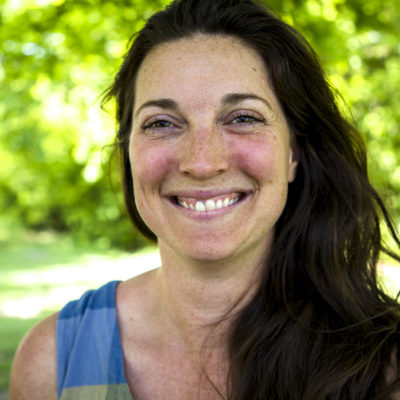 Meghan is a passionate advocate of grazing and pasture-based livestock systems with over a decade of experience supporting farmers through roles in the non-profit and cooperative extension sectors. She addresses barriers to getting more livestock on the land through advising on livestock integration in cropping systems, regenerative grazing and meat marketing. Meghan works for Nofence, a Norwegian virtual fencing company, to spearhead the adoption of virtual fence technology in the United States. While not at work, you can find Meghan out on the prairie or in the woods with her husband and son. They use goats and sheep to reclaim Iowa’s native oak savanna while working to build community in their rural Iowa town.
Meghan is a passionate advocate of grazing and pasture-based livestock systems with over a decade of experience supporting farmers through roles in the non-profit and cooperative extension sectors. She addresses barriers to getting more livestock on the land through advising on livestock integration in cropping systems, regenerative grazing and meat marketing. Meghan works for Nofence, a Norwegian virtual fencing company, to spearhead the adoption of virtual fence technology in the United States. While not at work, you can find Meghan out on the prairie or in the woods with her husband and son. They use goats and sheep to reclaim Iowa’s native oak savanna while working to build community in their rural Iowa town.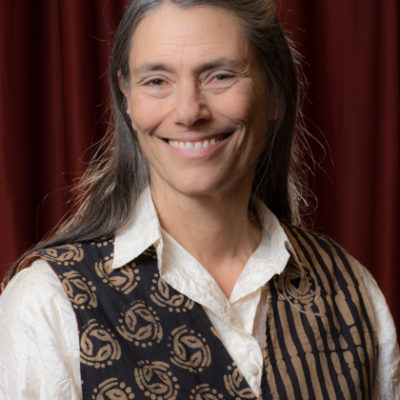 Diane Mayerfeld helps educators and communities with development projects, including solar and agrivoltaics siting.
Diane Mayerfeld helps educators and communities with development projects, including solar and agrivoltaics siting.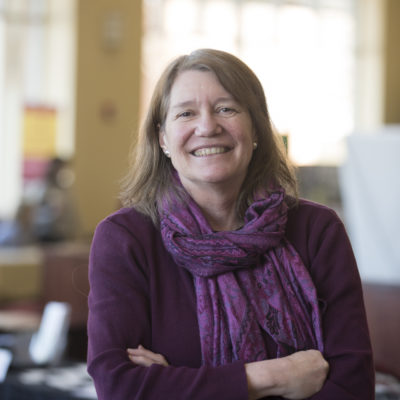 I am the Executive Director of the Minnesota Institute for Sustainable Agriculture (MISA). MISA is a joint venture between College of Food, Agricultural and Natural Resource Sciences, University of Minnesota Extension, and four community-based non-profit organizations. MISA’s purpose is to bring together the interests of the agricultural community to develop and promote the long-term viability of agricultural systems. My responsibilities include oversight and program support for the activities of MISA as determined by a Board of Directors. My research work is focused on sustainable food systems, and identifying ways of increasing diverse team participation in research, education, and outreach programs. I am on the graduate faculty of the Applied Plant Sciences program, the Conservation Biology program, and the Interdisciplinary Center for the Study of Global Change.
I am the Executive Director of the Minnesota Institute for Sustainable Agriculture (MISA). MISA is a joint venture between College of Food, Agricultural and Natural Resource Sciences, University of Minnesota Extension, and four community-based non-profit organizations. MISA’s purpose is to bring together the interests of the agricultural community to develop and promote the long-term viability of agricultural systems. My responsibilities include oversight and program support for the activities of MISA as determined by a Board of Directors. My research work is focused on sustainable food systems, and identifying ways of increasing diverse team participation in research, education, and outreach programs. I am on the graduate faculty of the Applied Plant Sciences program, the Conservation Biology program, and the Interdisciplinary Center for the Study of Global Change. Jeri Neal, consultant – Retired after 22 years with the Leopold Center for Sustainable Agriculture in Iowa as grants manager and ecological systems and research program leader; currently consulting in areas of sustainability, agriculture, ecology, grants, funding and outreach.
Jeri Neal, consultant – Retired after 22 years with the Leopold Center for Sustainable Agriculture in Iowa as grants manager and ecological systems and research program leader; currently consulting in areas of sustainability, agriculture, ecology, grants, funding and outreach. 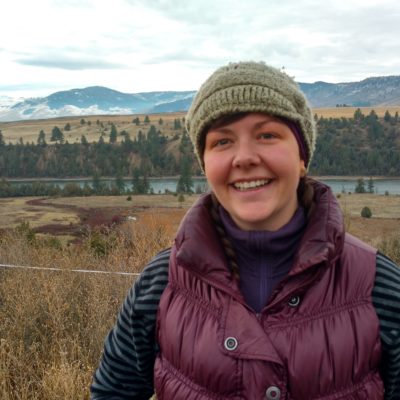
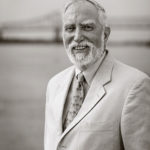 R. Eugene (Gene) Turner is a faculty member of the Department of Oceanography and Coastal Sciences at Louisiana State University. He received a B.A. degree from Monmouth College (Ill.), a M.S. degree from Drake University (Biology), and a Ph.D. from the University of Georgia (Ecology). He can’t seem to make up his mind if he is an oceanographer, wetland ecologist or landscape analyst. He has been working on the scientific aspects of the low oxygen (hypoxic) zone off the Mississippi River with Nancy Rabalais and colleagues for 45 years, as well as wetland conservation, restoration and management. He spends much of his time working on land use issues and water quality within the Mississippi River watershed.
R. Eugene (Gene) Turner is a faculty member of the Department of Oceanography and Coastal Sciences at Louisiana State University. He received a B.A. degree from Monmouth College (Ill.), a M.S. degree from Drake University (Biology), and a Ph.D. from the University of Georgia (Ecology). He can’t seem to make up his mind if he is an oceanographer, wetland ecologist or landscape analyst. He has been working on the scientific aspects of the low oxygen (hypoxic) zone off the Mississippi River with Nancy Rabalais and colleagues for 45 years, as well as wetland conservation, restoration and management. He spends much of his time working on land use issues and water quality within the Mississippi River watershed.